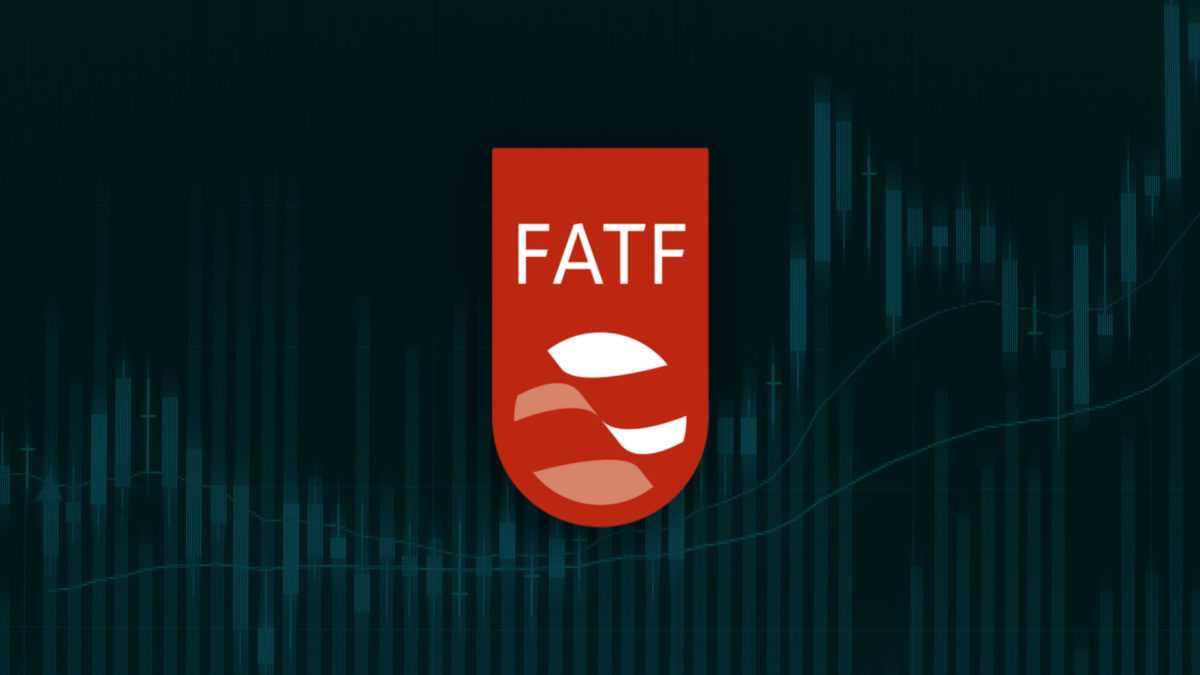Crypto lobbyists put DeFi proposals to FATF in open letter

Quick Take
- The Global DeFi Coalition has put forward six proposals for regulating the DeFi sector.
- The six trade bodies that make up the coalition represent more than 350 crypto firms globally.

A group of crypto lobby groups spread across the United Kingdom, Europe, the United States and Asia has called for “well-balanced” approaches to regulating the Decentralized Finance (DeFi) sector in an open letter to the Financial Action Task Force (FATF).
Addressing the FATF’s executive secretary David Lewis, the so-called “Global DeFi Coalition” has produced six guiding principles for governing DeFi organizations.
“It is crucial that the rapid growth of DeFi is well understood by authorities to adequately align their regulatory approaches to this space,” the group wrote in its letter.
They warn that a premature crackdown by regulators risks “stifling innovation and preventing new ideas from emerging” and have called for an open dialogue between industry and regulators through the medium of consultations and working groups.
“The letter aims to help authorities avoid potential pitfalls by providing regulatory recommendations by the industry,” the group added.
The coalition is comprised of ACCESS (Singapore), Bitcoin Association (Switzerland), Blockchain Association (U.S.), Blockchain for Europe (Europe), CryptoUK (U.K.), and the International Association for Trusted Blockchain Applications (INATBA). Together, these groups represent more than 350 companies.
The FATF's current standards
The FATF recently revealed that just 58 out of 128 reporting jurisdictions have adopted its standards for regulating crypto firms.
In its second 12-month review of the progress made by national regulators, published July 5, the intergovernmental organization stated that “many jurisdictions have continued to make progress” implementing its revised standards — which make so-called Virtual Asset Services Providers (VASPs) subject to anti-money laundering (AML) and counter-terrorism financing (CTF) rules.
Of the 58 regulators that have adopted the standards, 52 are now regulating VASPs and six have banned such operators entirely. 70 jurisdictions are yet to act on the recommendations.
“These gaps in implementation mean that there is not yet a global regime to prevent the misuse of virtual assets and VASPs for money laundering or terrorist financing,” the FATF stated in a press release.
Progress on the ‘Travel rule’
The FATF has, however, hailed progress in terms of introducing systems to help crypto firms implement its infamous ‘travel rule’ — which is technically still in draft form, with finalized guidance expected in October, following a recent delay. The travel rule calls for VASPs to transmit originator and beneficiary information between one another for transactions of over $3,000.
The FATF’s 12-month review of its guidance last year sparked concern in the DeFi industry by stating that jurisdictions uncomfortable with non-custodial wallets could ban exchanges that permit their use in peer-to-peer transactions. Why? Because as the Global DeFi Coalition points out in its letter, “DeFi protocols allow individuals to perform a variety of financial transactions electronically on a non-custodial basis without the participation of an intermediary.”
The coalition’s six proposals are outlined in full below.
- Regulation imposed on a business should consider broader contextual factors in relation to the corresponding business model. This should help to ensure the issuance of rules that are pragmatic and enforceable. For example, a business that processes transaction data without having access to any client funds might be subjected to data retention rules, but it should not have any obligations to freeze or otherwise interfere with client assets if it cannot technically do so.
- Regulation should not introduce analogue or manual steps into otherwise digital processes. An exclusively digitally acting financial intermediary should be allowed to entirely rely on digital data in its business process (i.e. know-your-customer, where we have observed recent examples where exchange onboarding obligations have been created that require in-person know your customer (KYC)). The same is true for the introduction of manual verification steps into otherwise fully automated processes, which destroys the potential and opportunity of otherwise scalable business models, thereby harming economic growth.
- Allow financial intermediaries to collaborate when identifying clients. Across regions, the law requires every financial intermediary to repeat the complete KYC process for every client, even when other financial intermediaries have identified the same client immediately before that. In a decentralised setup with many independent actors rendering part of a financial service, this can lead to a user having to complete all KYC forms multiple times just to execute a single transaction. This puts decentralised setups at a disadvantage compared to centralised service providers. In order to avoid overly redundant paperwork, financial intermediaries should be allowed to share client information for the purpose of fulfilling KYC duties and to rely on third party identity proofs instead of having each intermediary repeating the same steps again for the same client.
- Regulation should recognise the reduced risk of public blockchain-based transactions and therefore develop a differentiated, risk-based approach. Internationally, AML regulation is based on a “risk-based approach”. When dApps provide for publicly visible transactions, they pose a much lower money-laundering risk than private transactions. A risk-based approach should consider this variety of new applications and their specific risks and apply more differentiated measures. These new challenges cannot be solved with the established solutions. Pushing them into traditional, opaque setups will only increase the ML/TF risks. The lower risk of open blockchain-based transactions should be recognised and transparency rewarded.
- Implementation guidelines of basic regulatory principles should be conducted in a collaborative way with the DeFi industry. Regulators should collaborate with industry experts (including coders) firstly, to inform themselves about this rapidly developing space, from a technological and a broader perspective. This will help policymakers and authorities to understand the likely future path of DeFi developments and draw regulatory response strategy. Second, a multi stakeholders approach should be taken to develop regulatory principles and guidance for DeFi. Third, given the fast pace of DeFi developments, authorities should maintain a continuous dialogue with the DeFi community to keep up to date with the latest developments and trends and in order to respond adequately, timely and in a flexible manner.
- Given the global nature of crypto, an enhanced level of cooperation and collaboration between regulators and the industry is required. We encourage to further enhance the level of global collaboration between regulators and agencies as well as of regulators with the global industry in newly founded fora to enable and deliver innovative, consumer-friendly and harmonised regulatory principles. In parallel, regulators should take a broader look at their mandate to respond to the innovation coming out of the industry space. Furthermore, closer collaboration will also ensure regulators are able to fulfill their respective mandates, while not only enabling innovators to innovate, but also will help to improve the existing regulatory regimes. In line with the regulator's mandate, this could lead to more efficient execution, leaner structures and better consumer protection. Overall, closer collaboration between regulators and the global industry will lead to better rules, easier application and reduced costs. In return, such gained efficiencies will result in more efficient, globally applicable regulatory principles, while increasing consumer and investor protection, economic growth and creating jobs worldwide.
© 2025 The Block. All Rights Reserved. This article is provided for informational purposes only. It is not offered or intended to be used as legal, tax, investment, financial, or other advice.







